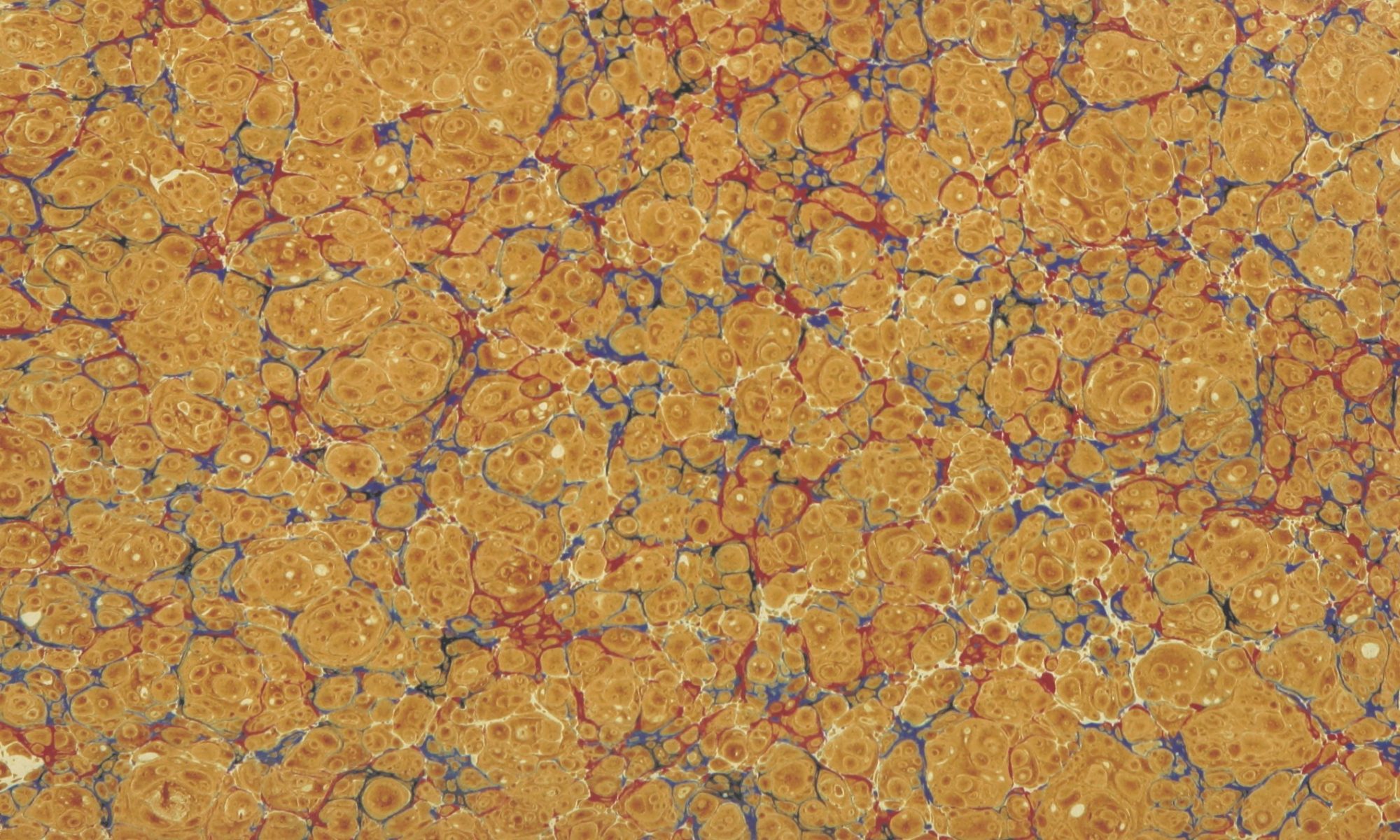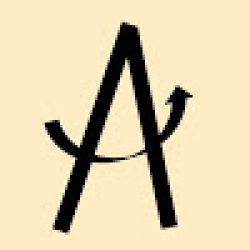Translated and read by Nanette Hernández (DePaul University of Chicago)
the blow
my father comes in from the balcony
he stems from a word we expelled
he leaves us his voice that spills
and this liquid that splits the table in two
Does the desire of an absence
resemble the will of what we do not have?
how many hands should go to a touch, tend to it
so they can share it?
what part of the table withstands the blow
that flipped the child in the park?
what remains trapped in the wire?
in which park was it?
in which father?
Poema leído por la autora
el golpe
mi padre llega desde el balcón
viene de una palabra que expulsamos
nos deja su voz que se derrama
y este líquido partiendo en dos la mesa
¿El deseo de una ausencia
se asemeja a la voluntad de lo que no tenemos?
¿cuántas manos deben asistir
a la caricia para repartirla?
¿qué parte de la mesa soporta el golpe
que volteó al niño en el parque?
¿qué queda atrapado en el alambre?
¿en qué parque fue
en qué padre?
Silvia Goldman Pérez. “El golpe”. De los peces la sed. Chicago, IL: Pandora Lobo Estepario Productions, 2018. 80.
Profesora Ortega Hernández. Español 325: Traducción Poema (final). 19 marzo 2019





